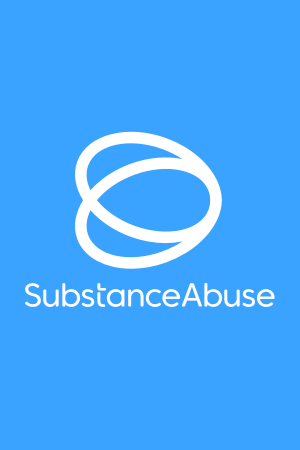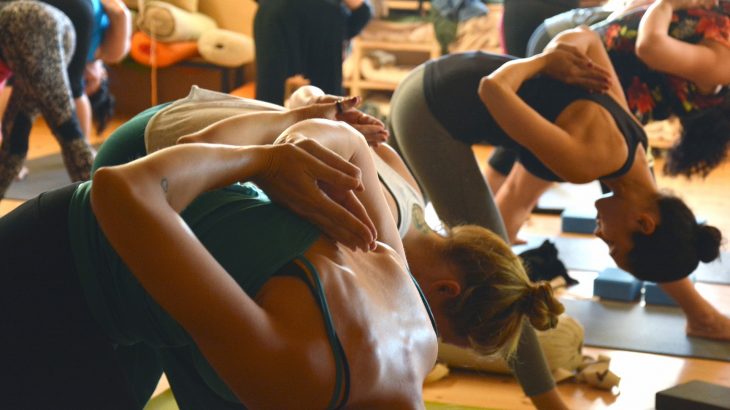Is Exercise Really a Beneficial Treatment Option for Addiction?


Exercise really can be a beneficial supplement to the evidence-based treatment options for substance abuse disorders, and in reality, it is also one of the ways to best get your life back onto a healthier track after quitting drugs.
How Does Exercise Benefit Individuals in Recovery?
One of the goals of addiction treatment and recovery in general is to help addicts build a better, healthier lifestyle that does not allow for the abuse of dangerous substances. This can decrease one’s chances of relapse and give individuals a host of healthier coping mechanisms and skills that will replace substance abuse. One of the most important aspects of a healthy lifestyle is regular exercise.
According to the Centers for Disease Control and Prevention, “Regular physical activity is one of the most important things you can do for your health,” as it
- Controls your weight
- Reduces your risk of cardiovascular disease, type 2 diabetes, cancer, etc.
- Strengthens your bones and muscles
- Improves your mood and mental health
- Improves your ability to participate in daily activities
All of these effects can benefit any individual but especially those in recovery from addiction. While exercise can be an excellent activity to begin once you are in recovery, in truth, it can also become part of your professional treatment regimen.
How Can Exercise Become Part of My Treatment Regimen?
The evidence-based practices associated substance use disorder treatment include behavioral therapy and medication. These two methods have been found be incredibly effective for those in addiction recovery, but they are not the only options available. In fact, holistic options have been found to be a great supplement to evidence-based treatment for many individuals (Journal of Psychoactive Drugs). And, as such, these options are often integrated into professional rehab programs.
Exercise is considered a holistic treatment for addiction, and while it probably won’t be effective enough on its own to help an individual put an end to their drug abuse for good, it can be helpful as an aspect of treatment.
Those who are suffering from addiction often have trouble expressing themselves in behavioral therapy or gaining everything they need from evidence-based practices, especially early on in their recoveries. This is one reason why a holistic exercise program can be especially effective during one’s addiction treatment regimen. Other ways an exercise regimen can be helpful during treatment include
- Providing a coping mechanism for stress and other triggers
- Individuals who are in recovery need to learn new coping mechanisms that will allow them to deal with stress and other issues before they ever leave their treatment programs. Exercise can be an extremely beneficial option for this issue, and those who begin exercising in treatment will start a healthy habit they can continue after the program has ended.
- Helping to treat co-occurring disorders
- Exercise can be a helpful treatment method for feelings of depression and anxiety, two of the issues that are commonly associated with addiction and recovery, as well as the co-occurring disorders that often occur along with addiction.
- Minimizing or treating the health issues associated with drug abuse
- Drug abuse causes one’s risk of many serious diseases to increase, but when the recovering individual exercises, they can possibly begin to lower the risk again.
- Drug abuse often weakens certain parts of the body, like the muscles and bones, which can be strengthened again with regular physical activity.
- Going through substance abuse treatment often causes individuals to experience issues with weight gain. Regular exercise can help control this.
- Encouraging a daily routine
- Exercising can help an individual get back into a daily routine, which is something many recovering addicts desperately need.
In general, exercising can be a helpful part of treatment and recovery beyond it. It can actually help many patients in ways even evidence-based practices cannot.
Do You Need Help for a Substance Use Disorder?
You can look locally or search SAMHSA’s database to find the best treatment options for yourself or a family member. Make sure to ask the right questions, including what treatment options they offer, and how costs are covered.


